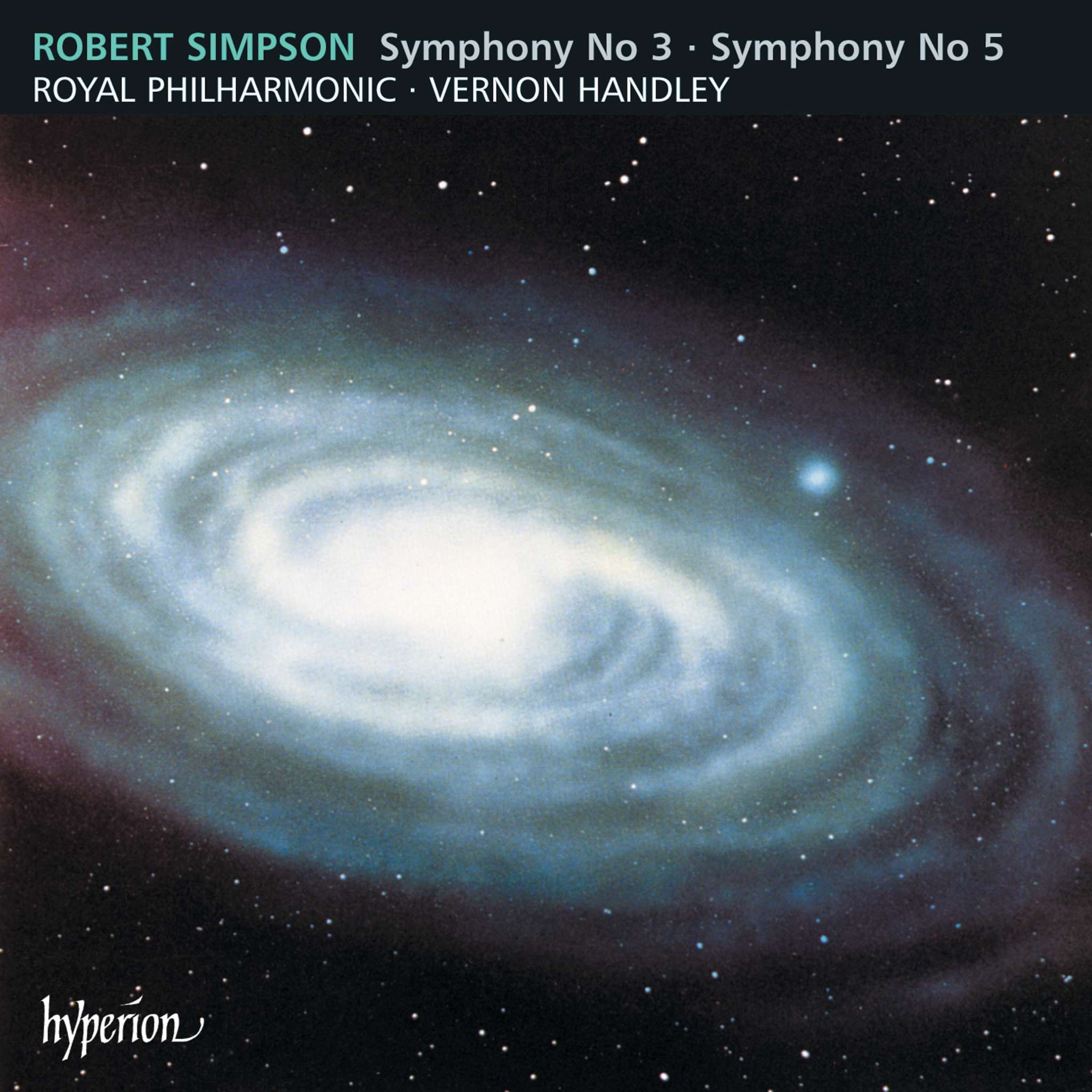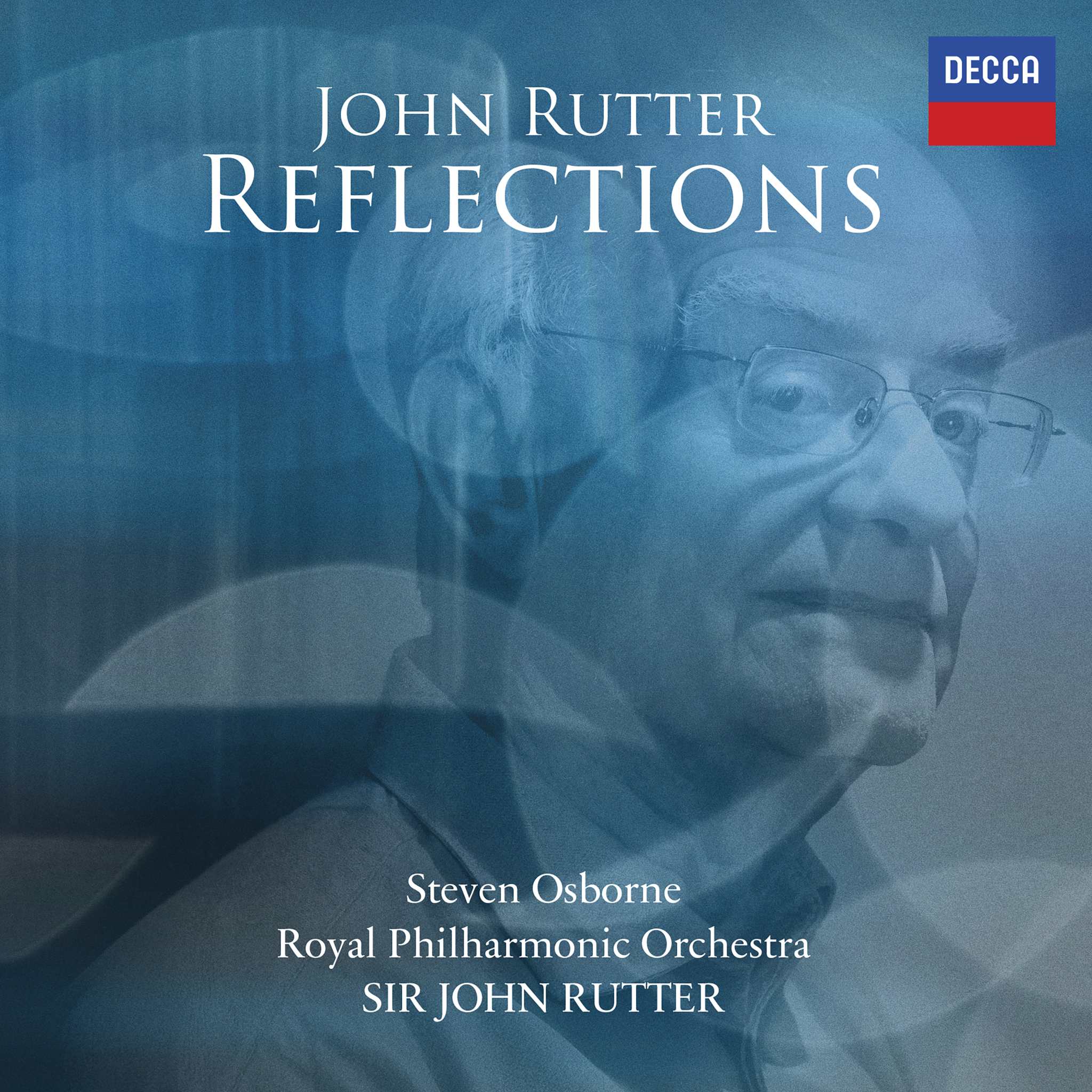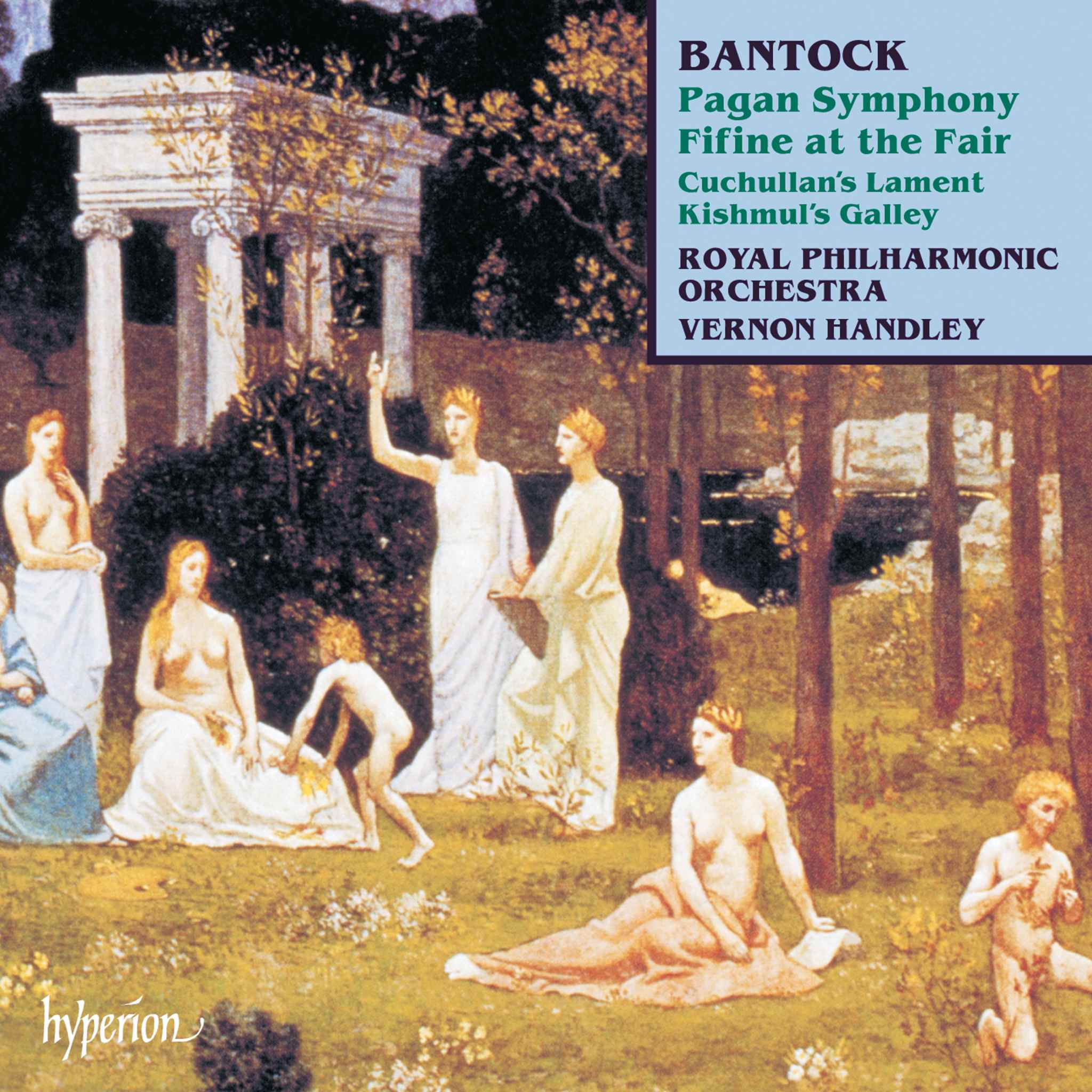Album insights
Nikolai Medtner's frustrated bitterness is evident in a letter he wrote to his older brother Emil in 1920. Critics had previously labeled him a "Russian German" and a "native Brahmsian," sparking controversy. His family dynamics were intricate, with Emil exerting control over Nikolai's career due to his own unrealized artistic ambitions. Over the years, Nikolai's relationship with Anna, Emil's wife, had a significant impact, leading to a complex love triangle. Despite misfortunes and conflicts, Nikolai and Anna finally married in 1919.
Medtner's German and Russian heritage influenced his upbringing, immersed in cultural influences ranging from Beethoven to Tchaikovsky. Emil, the eldest brother, devoted himself to philosophy and literary movements, embodying a deep admiration for German culture. Emil's influence on Nikolai's career was profound, steering his musical endeavors and sacrificing his own artistic aspirations. Their lives unfolded tragically, especially during their exile in England.
Despite being characterized as the "Russian Brahms," Medtner's musical legacy is distinct. His compositions, particularly the Violin Sonatas, embody intricate emotions and depth, inviting speculation and admiration. Medtner's meticulous approach to music composition, blending intricate counterpoint with emotional depth, sets his works apart. The intricate layers within his Violin Sonatas reflect both his conservativism and progressive tendencies, captivating dedicated listeners in recent decades.
Medtner's Sonata Epica, a testament to memory and emotions, showcases his musical prowess. Themes of memory and wisdom intertwine, exploring his life's struggles and reflections. Each movement within the Sonata captures a distinct emotional landscape, symbolizing Medtner's artistic depth and intricate storytelling. His compositional style, marked by harmonic conservatism and fugal intensity, stands timeless and distinct, resisting simple comparisons or categorizations.
Gerald Abraham's reflections on Medtner's works point to their subdued romanticism, emotional intricacy, and craftsmanship, akin to Brahms but uniquely Medtner. Despite being dubbed the "Russian Brahms," Medtner's compositions stand on their own, embodying timelessness and individuality in the realm of classical music. Hamish Milne rightly acknowledges Medtner's music as "timeless," deserving recognition that transcends labels or comparisons to other composers.







